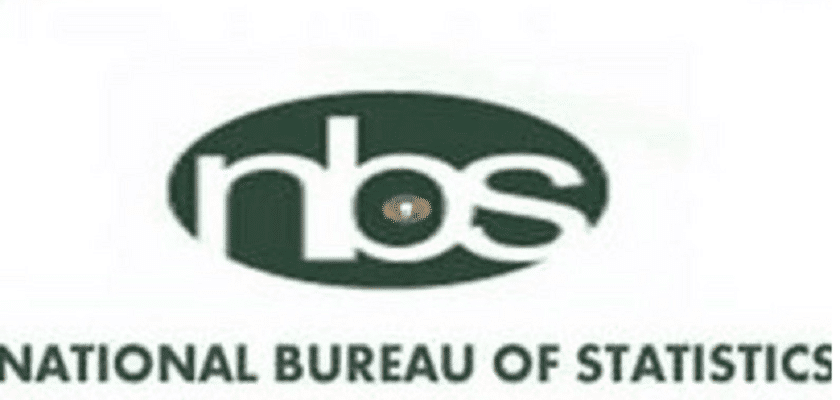The National Bureau of Statistics (NBS) said Nigeria’s annual inflation rate rose to 31.70 per cent in February from 29.90 per cent in January
This shows an increase of 1.80 per cent compared to the January 2024 headline inflation rate.
Despite Naira’s rebound, Nigeria’s inflation rate has moved to 33.20% in March 2024 compared to February 2024 headline inflation rate which was 31.70%.
Nigerians are experiencing the worst food inflation in decades amid a weakening naira, insufficient domestic agricultural production, and an over-reliance on expensive imported food.
In the National Bureau of Statistics’ Consumer Price Index (CPI) report released, it said that the March 2024 headline inflation rate showed an increase of 1.50% points when compared to the February 2024 headline inflation rate. On a year-on-year basis, the headline inflation rate was 11.16% points higher compared to the rate recorded in March 2023, which was 22.04%, it said.
“This shows that the headline inflation rate (year-on-year basis) increased in the month of February 2024 when compared to the same month in the preceding year (i.e., February 2023),” it said
The bureau said on a monthly basis, the headline inflation rate in February 2024 was 3.12 per cent, which was 0.48 per cent higher than the rate recorded in January 2024 (2.64 per cent).
This, it said, means that in February 2024, the rate of increase in the average price level is more than the rate of increase in the average price level in January 2024.
According to the report, the food inflation rate in February 2024 quickened to 37.92 per cent on a year-on-year basis, which was 13.57 per cent points higher than the rate recorded in February 2023 (24.35 per cent).
In recent years, food prices have been on the rise across Nigeria. The situation deteriorated due to the impact of government policies such as the removal of subsidies on petrol, among others.
The rapid growth in the prices of these staples and other products has weakened the purchasing power of many citizens, making it difficult for many households in the country to afford daily meals.
Nigeria’s naira has tumbled across both the official and unofficial markets on several occasions in recent times amidst an increased forex demand and a significant spike in the prices of goods and services across the country.
It explained that the rise in food inflation was caused by a rise in the rate of increase in the average prices of bread and cereals, potatoes, yam & other tubers, fish, coffee, tea, and cocoa.
The inflation report by the NBS followed the hike of Nigeria’s interest rate from 22.75% to 24.75% by the Monetary Policy Committee (MPC) of the Central Bank of Nigeria (CBN).
The inflation rate released shows that measures by the apex bank to strengthen the naira against foreign exchange have seen some positive results.
The naira has appreciated against the dollar in recent weeks, gaining over 40%, from about N1,900/$ to about N1,100/$1. As the naira rebounds, Nigerians expect significant reduction in the prices of food and basic commodities but this hasn’t been the case with cost of living still relatively high.

